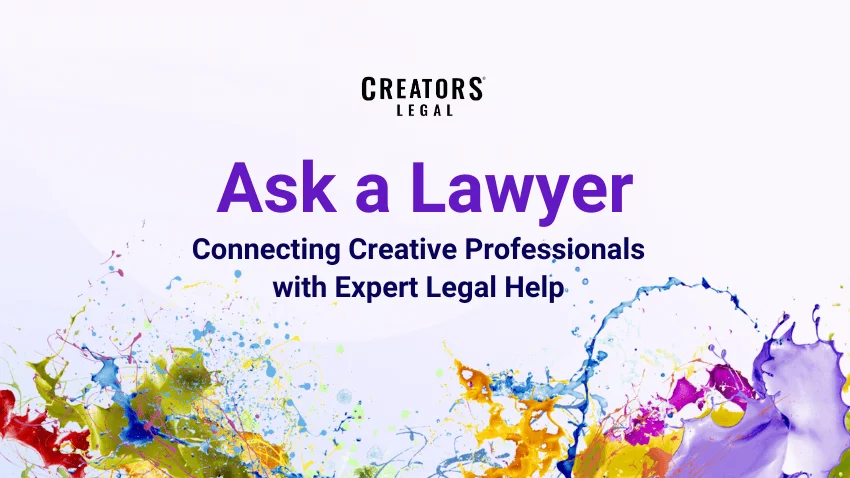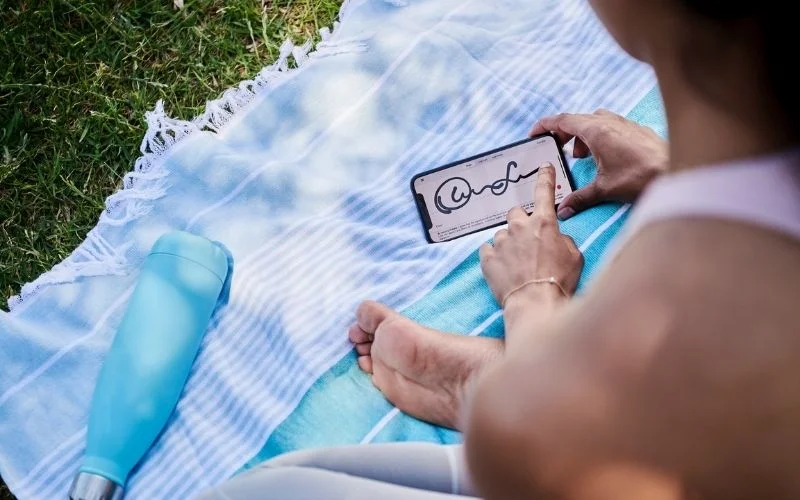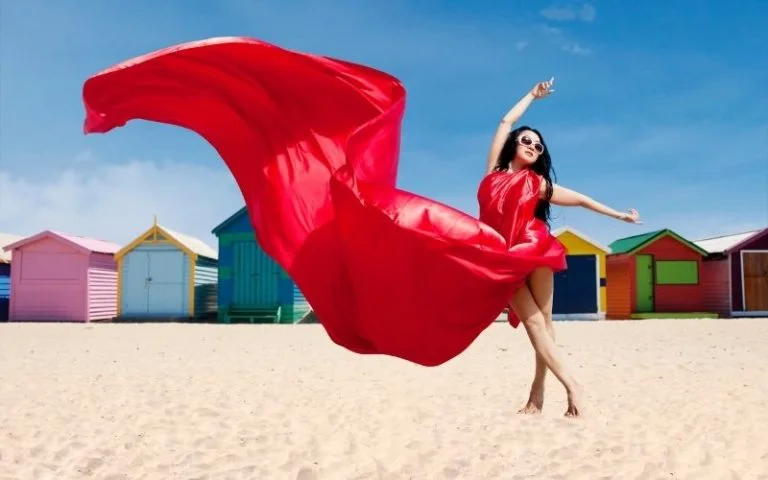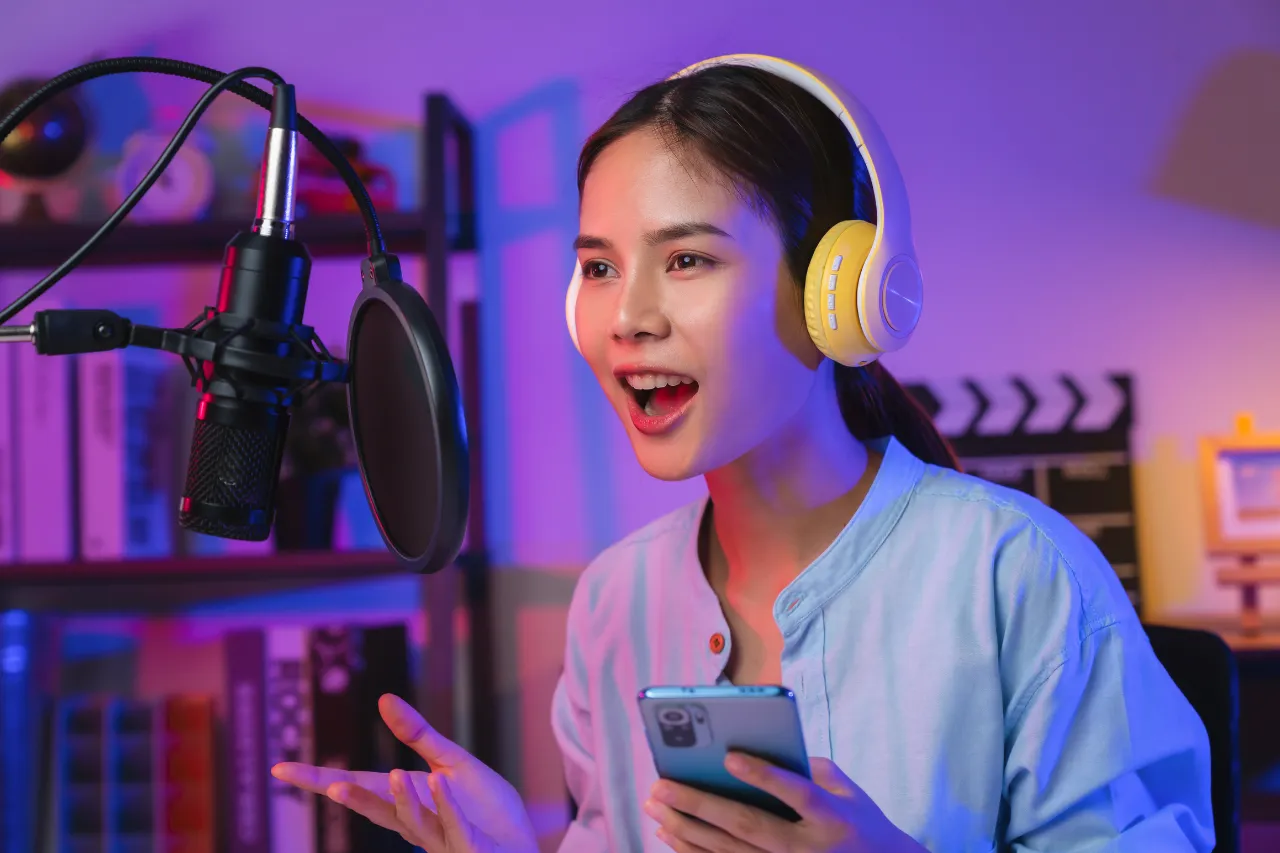A collaboration, especially among creatives, can be a rewarding process. When you’re working with like-minded people, the energy practically bounces off the walls. Thanks to technology, it’s even easier to collaborate—you can start and sustain projects with people in different locations.
However, it’s crucial to be on the same page about business and legal concerns before you start emailing. Keep reading for things you should look for in contracts for content creators.
Responsibilities of All Parties
Your agreement should carefully outline each person’s responsibilities. It’s usual for collaborations to start strong and falter midway through. When you’re brimming with ideas, it’s easy to bounce off of each other during a brainstorming session. Often, projects fall apart because there’s no clarity about who must complete specific parts. The real work starts afterward when you specify each person’s tasks and timeline.
Credits and Ownership of the Work
Without an agreement, collaborative works are considered “joint work” in copyright law. Collaborators co-own the rights to the piece. As such, they have an equal share in royalties, if any. Each collaborator can license rights to third parties, but all of them must agree on the matter.
Often, ownership issues arise because of the division of labor. Partners who do more work feel it is more appropriate to have a more significant share of ownership of a project. Formal collaboration agreements address licensing, exclusive rights, and similar issues.
Final credits also matter, especially among collaborators of multimedia projects. Your agreement should clarify how people get credited in the final project. It should specify the order, size, and prominence of names.
Handling Proceeds from the Project
Typically, contracts for content creators and artists provide details on sharing proceeds and expenses tied to copyright ownership. There are different ways collaborators split the profits from the exploitation of the finished project. No matter the divisions, however, you should have them clearly stated in the agreement.
Who Has Creative Control
Decision-making can stall, even among creatives, especially when there are contentious issues or multiple valid points of view. Collaboration agreements should establish the point persons in the project and who can make final decisions. You don’t want projects to slow down because people aren’t sure whom to defer to or consult.
Terminating the Collaboration
Collaborations can also terminate for one reason or another. A partnership that looked promising at first can end up not working out. Although you’d want the best for your project and see it to completion, you should still have a clause in your agreement stipulating how parties can terminate the collaboration. It should also outline what happens to their rights if they leave.
While the involved parties can terminate agreements themselves, sometimes, bad luck plays a part in ending the collaboration. Your contract should state what happens if unforeseen circumstances prevent you from completing a project.
Conclusion
Good collaborations do not happen by accident. They are the product of thoughtful planning and responsible project management among everyone involved. Before you start with any collaboration, you should have everything in writing—it’s good to have people on the same page as you begin. Make sure you hire a lawyer or a company known for producing trustworthy contracts for content creators.
Creators Legal is the first and only legal platform build just for Content Creators. Get simple, straightforward, and trustworthy creator contracts in a fast, easy-to-use platform. With a powerful guided Form Builder, a secure e-signature system, and your own personalized dashboard to store and organize all your contracts, you can get yourself protected in minutes without the need for expensive entertainment lawyers!
Want to learn more? Check out CreatorsLegal.com, where you can get single use contracts or monthly and annual subscriptions on all contracts for creators! Try us now!






